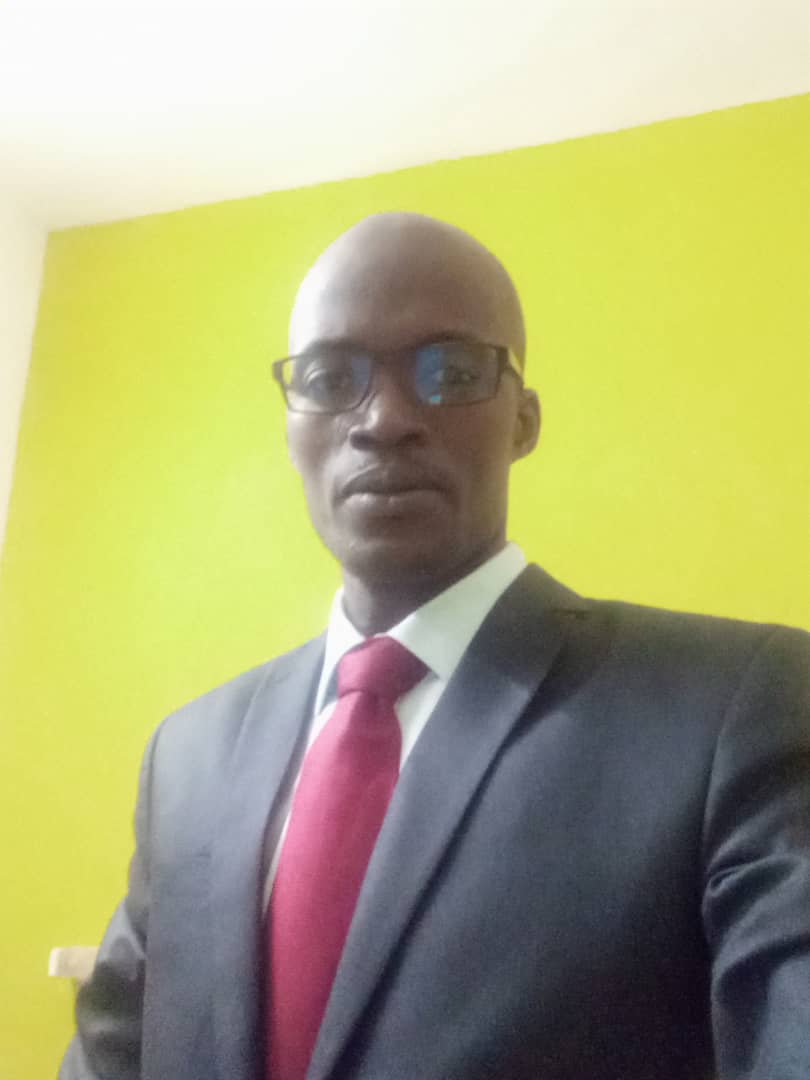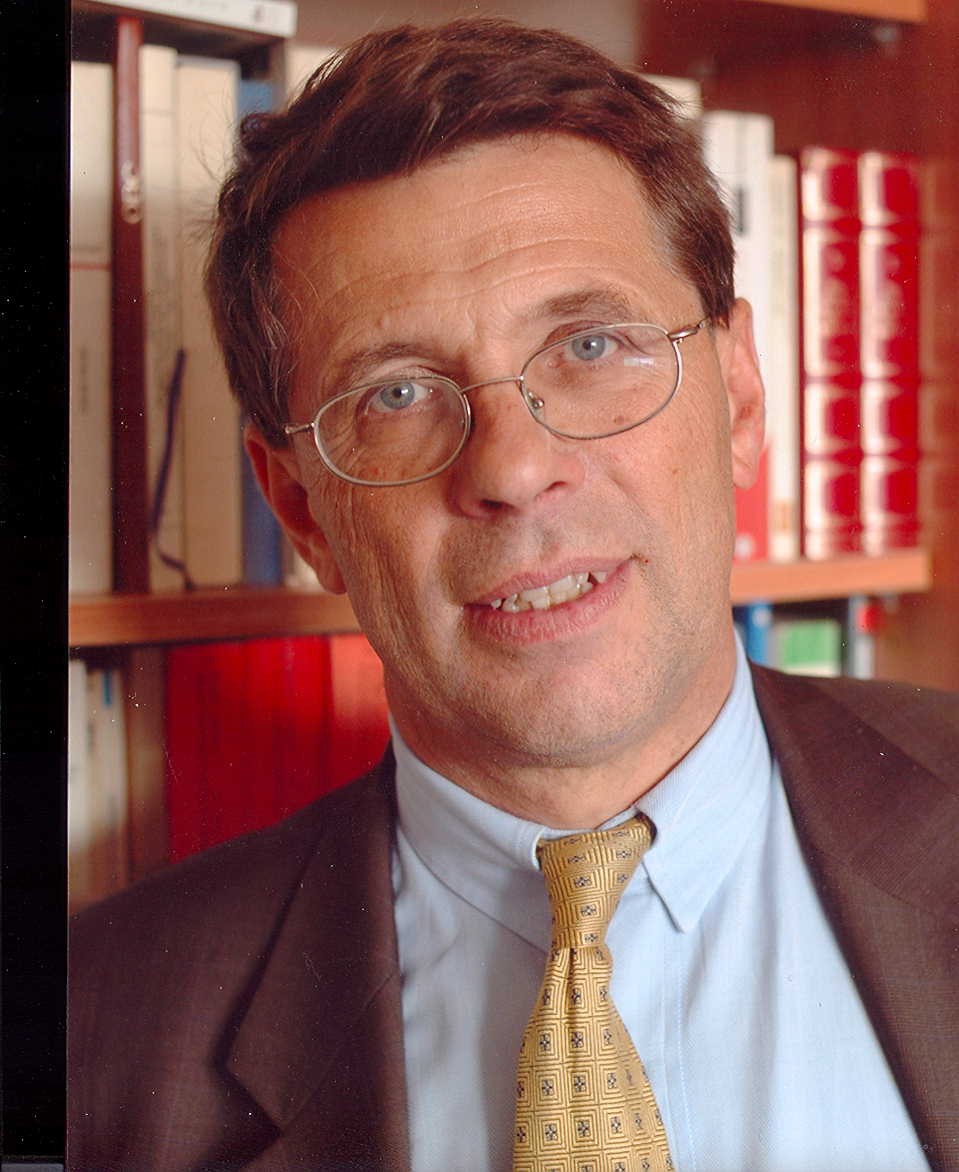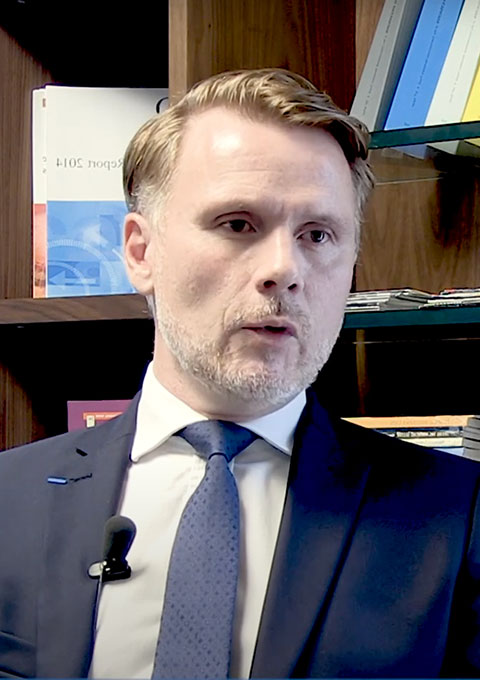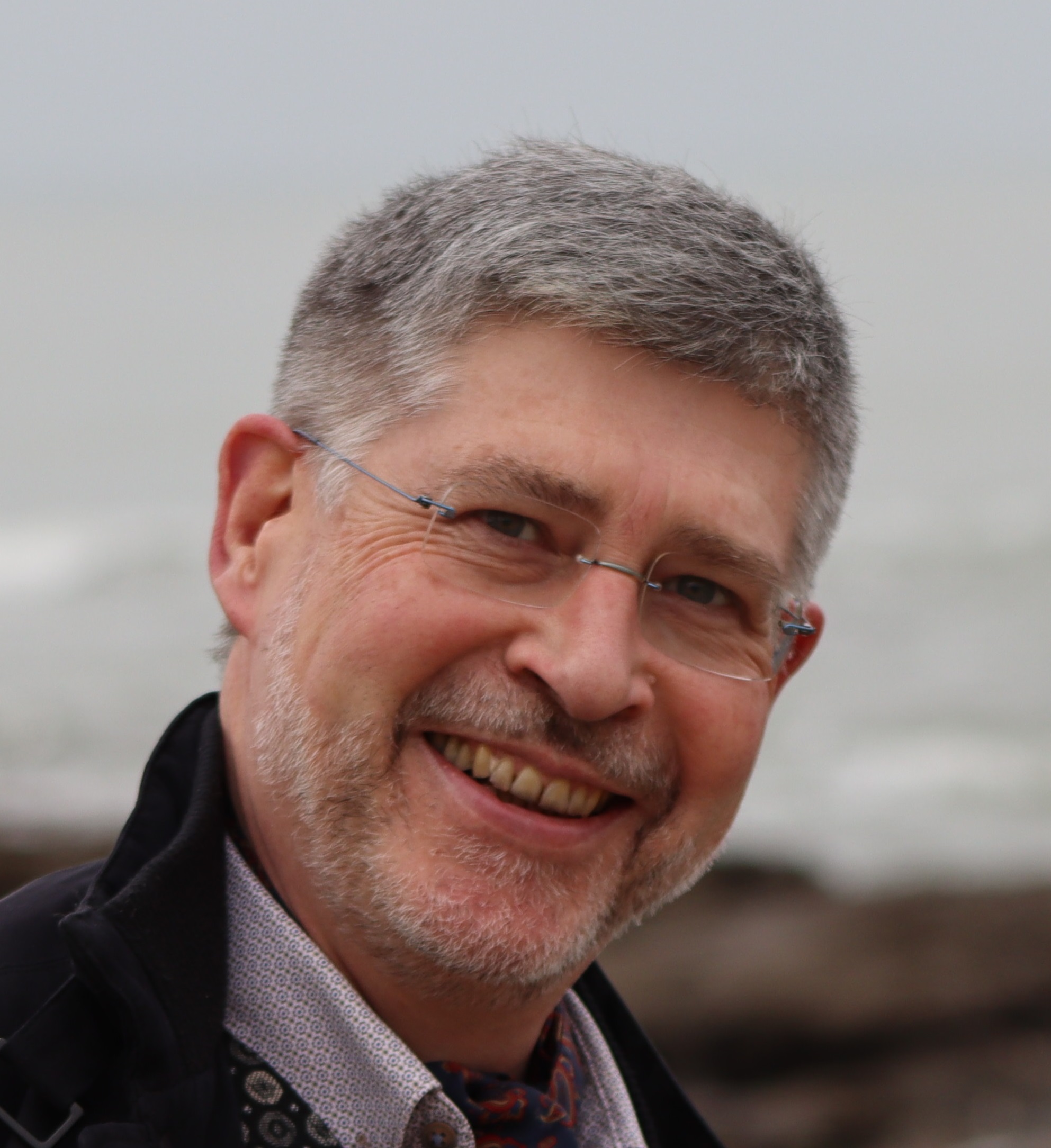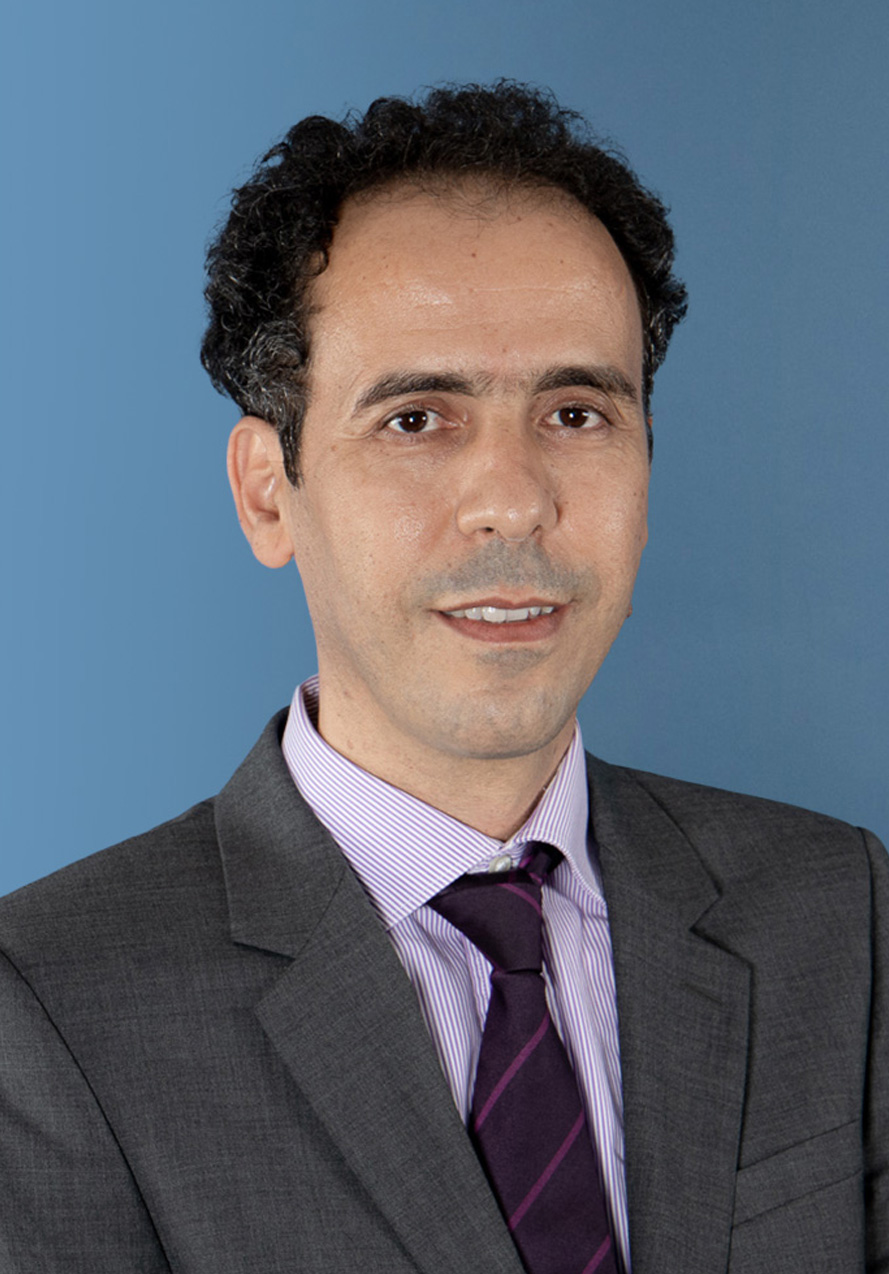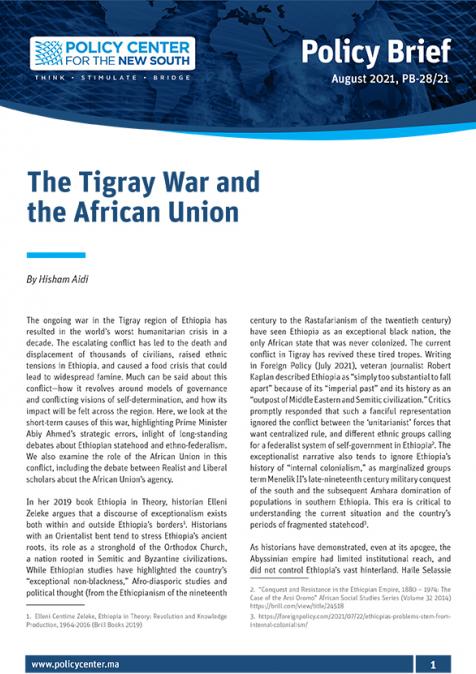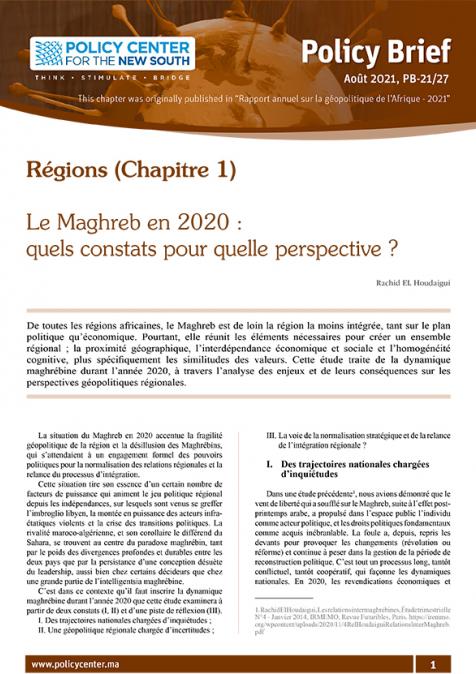Cet atelier a servi de plateforme pour présenter les ouvrages suivants :
- L'édition 2022 du Rapport Annuel sur la Géopolitique de l'Afrique : Ce rapport est publié annuellement par le PCNS et a pour objet de relater, étudier et analyser les faits géopolitiques majeurs qui ont jalonné l'année écoulée. Pour ce faire, le PCNS fait appel à des auteurs africains pour leur permettre d'exprimer leurs visions sur le continent. Cet appel exclusif aux africains permet surtout d'africaniser le narratif sur l'Afrique, non pas pour privilégier un optimisme béat ou pour se noyer dans un pessimisme obscur, mais pour relater les faits africains et exprimer les ambitions africaines dans un esprit de réalisme et d'objectivité.
- L'édition 2021 du Rapport Annuel sur l'Economie de l'Afrique : Ce rapport est également publié annuellement par le PCNS. Il est né d'une ambition : Celle d'approfondir un regard de l'Afrique sur l'Afrique, en épousant des démarches qui nous permettent de scruter finement l'évolution de l'Afrique. Novateur par son discours, le Rapport en question contribue à l'élaboration d'un nouveau narratif sur la croissance-développement en Afrique par le biais d'un discours original par ses angles d'approche, sa teneur et ses messages ouverts sur le changement et le progrès.
- L'ouvrage collectif sur le Leadership Féminin : De l'invisibilité à la visibilité : Au-delà d'un bilan de deux décennies de réformes, le présent ouvrage, qui combine des analyses et des témoignages, a pour ambition d'interroger les changements à l'œuvre, qui sont le fait des femmes dans leur lutte quotidienne pour une vie plus digne. L'ouvrage a également pour ambition de saisir les nouvelles initiatives et pratiques sociales et sociétales porteuses de promesses et de potentialités pour le progrès des femmes et celui du Maroc dans son ensemble.
- L'édition 2019-2021 du Rapport ARCADIA sur l'Afrique et les marchés mondiaux de matières premières : Fruit d'une collaboration entre le PCNS et CyclOpe ce rapport s'est construit sur la base d'un constat simple : les matières premières façonnent et façonneront une large part de la physionomie des économies africaines et doivent, en raison de cette dimension stratégique, faire l'objet d'analyses dédiées.
Cet événement s'est tenu en présentiel à Paris, France
